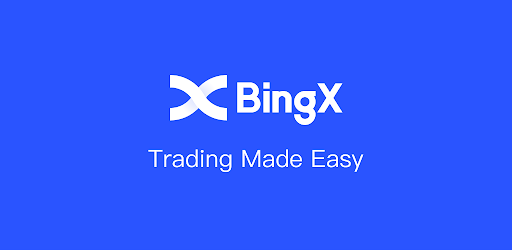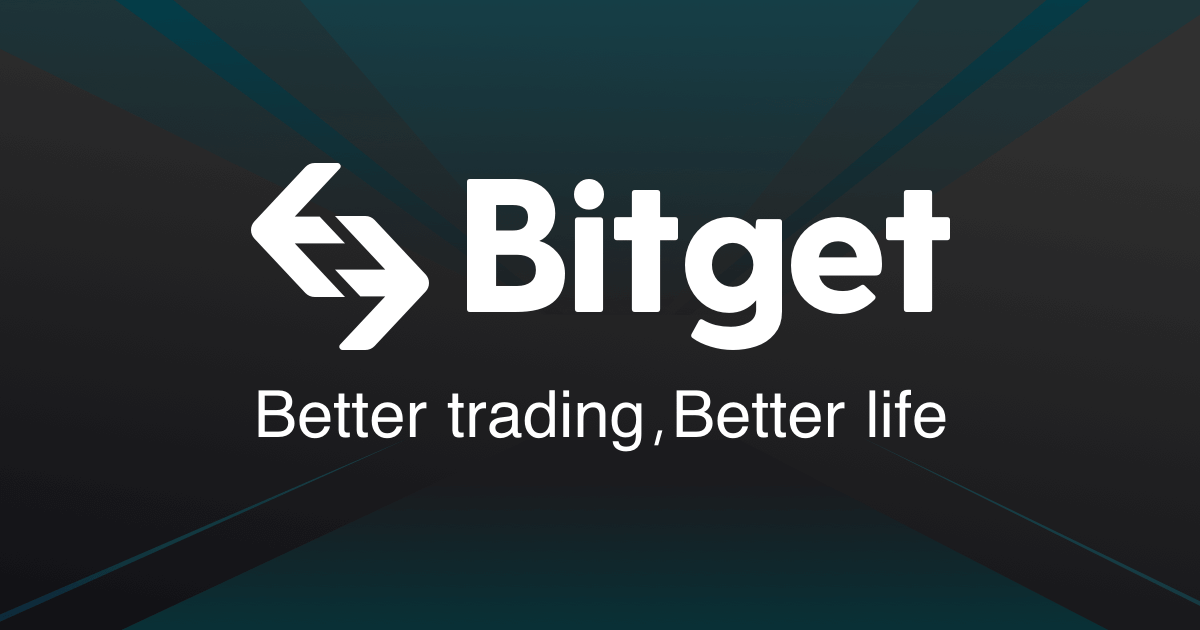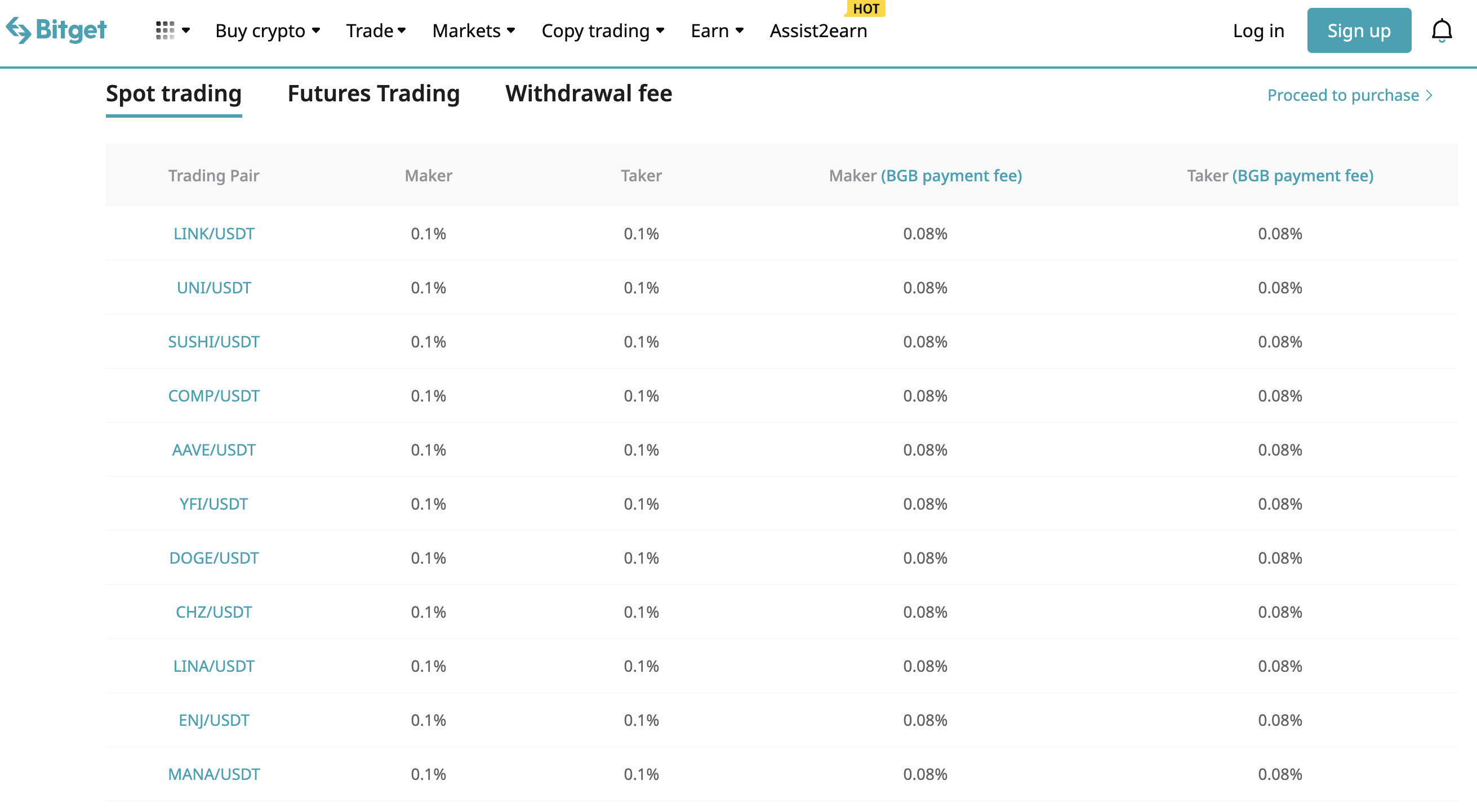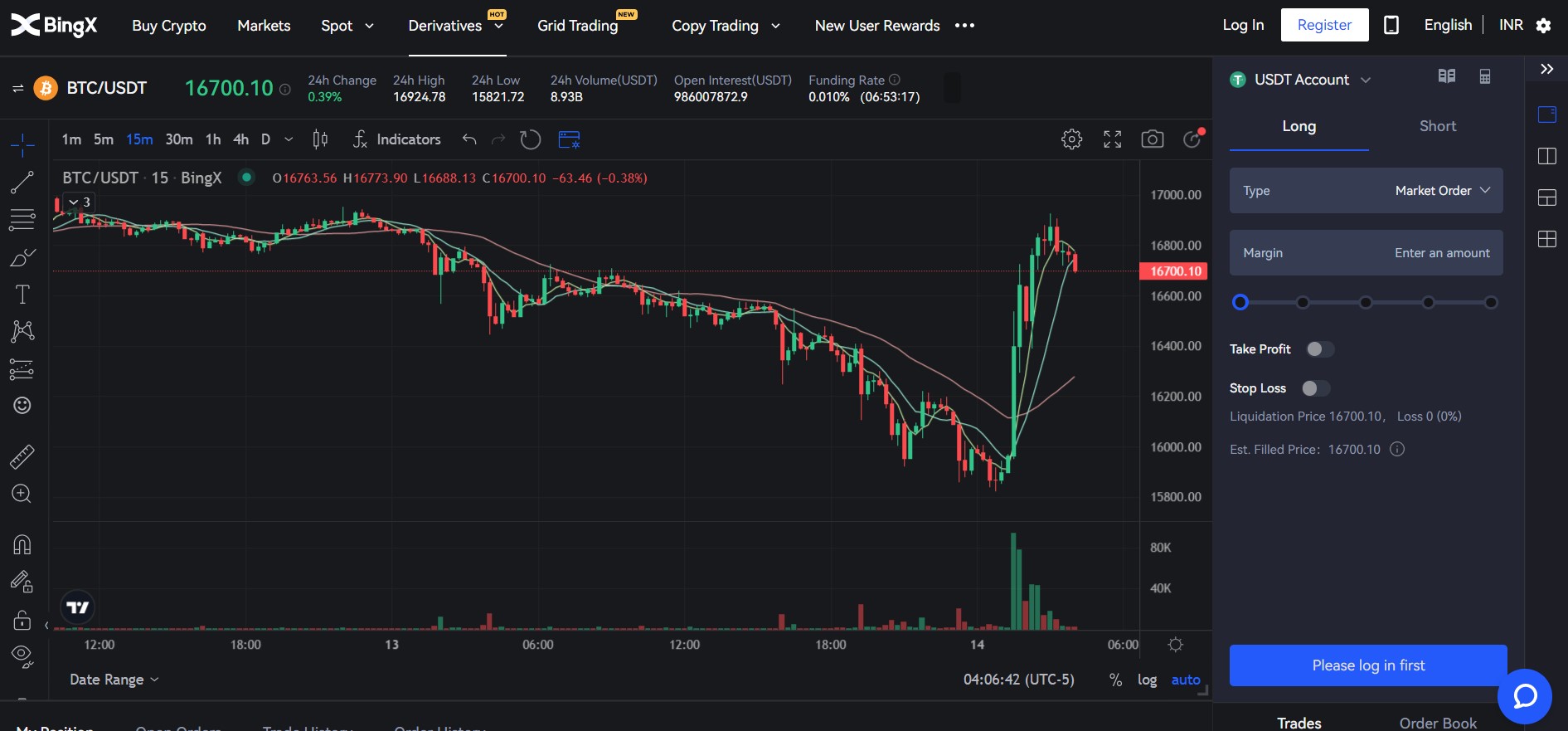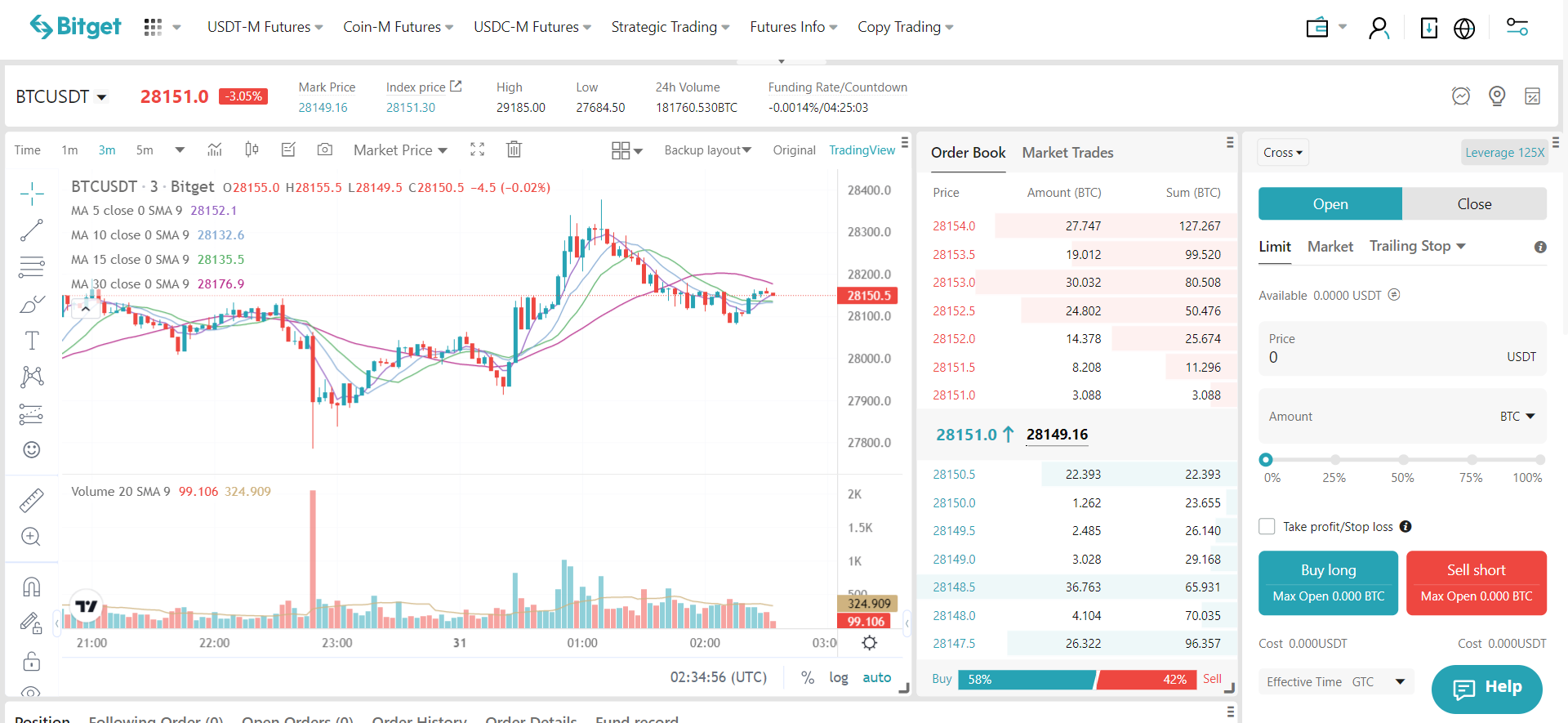BingX, known for its user-friendly interface, has quickly become a favourite among newcomers, while Bitget’s robust trading tools cater to more experienced traders.
As an avid participant in crypto trading, I’ve spent considerable time exploring both platforms, scrutinizing their offerings, from trading pairs to security measures.
This comparison between BingX and Bitget is designed to provide an in-depth understanding of what sets them apart.
Whether you’re just starting out or are a seasoned trader, this side-by-side analysis will help you make an informed choice.
Shall we begin?
BingX vs Bitget: At A Glance Comparison
When it comes to BingX and Bitget, we’re looking at two powerful cryptocurrency exchanges that each bring their unique features to the table.
Let’s break it down for a side-by-side comparison:
- Established: BingX was established in 2018, while Bitget launched a year earlier in 2017.
- Headquarters: BingX operates from Singapore, while Bitget is also based in Singapore.
- Supported Cryptocurrencies: Both exchanges offer an extensive range of cryptocurrencies for trading. However, Bitget provides a slightly larger selection.
- Trading Fees: Both crypto contract trading platform have competitive fees, but the specific fee structures can be complex and vary depending on factors like your trading volume and the specific transaction.
- Security Measures: BingX and Bitget have implemented robust security measures to protect users’ funds, including cold storage and two-factor authentication (2FA).
- User Experience: Both platforms are well-designed with intuitive interfaces, though some users might find one more user-friendly depending on personal preference.
- Customer Support: BingX and Bitget offer 24/7 customer support, with various contact methods, including email and live chat.
From this high-level view, it’s clear that both BingX and Bitget are solid options for anyone looking to dive into cryptocurrency trading.
The decision between the two will come down to your needs and preferences.
BingX vs Bitget: Trading Markets, Products & Leverage Offered
So, what’s on offer? Let’s break it down.
BingX, a mobile-focused exchange, primarily offers spot trading for several cryptocurrencies. It also provides leverage of up to 100x on its contracts.
Here’s the deal: BingX’s selling point lies in its social trading feature, enabling users to copy trades from experienced traders.
Moving on to Bitget, it’s a whole different ball game. Bitget offers a more comprehensive suite of trading products, including Futures trading for various cryptocurrencies with leverage as high as 125x.
That’s not all: Bitget also offers Options trading, a feature BingX does not have.
Given these points, Bitget takes the lead regarding diversity in trading products and the leverage offered. Are you with me so far? Great, let’s march on to the next comparison!
BingX vs Bitget: Supported Cryptocurrencies
Ready to delve into the crypto-verse?
Let’s see what BingX and Bitget have in store.
Starting with BingX, it’s a streamlined platform primarily focusing on popular cryptocurrencies.
We’re talking about Bitcoin, Ethereum, and some other notable tokens.
The selection might be limited, but these are the heavy hitters.
Switching gears to Bitget, it’s an absolute treasure trove.
With hundreds of cryptocurrencies supported, including many smaller, promising tokens, it’s like a vast, thriving marketplace for crypto enthusiasts.
The verdict?
If you’re seeking diversity and opportunities to explore the vast crypto landscape, Bitget is your winner.
But wait, there’s more to examine. Let’s move forward!
BingX vs Bitget: Trading Fee & Deposit/Withdrawal Fee Compared
Here comes the all-important question: what’s it going to cost you?
Starting with BingX, it’s got quite an appealing structure. They work with a maker-taker model, ensuring you’re not unnecessarily penalized.
The transaction fees are competitively low, starting from 0.2% for spot trading, 0.045% for standard Futures contracts, and 0.02%/0.05% for perpetual Futures contracts.
Depositing crypto does not cost you any other fees besides the blockchain fees. The withdrawal fees are easy on the pocket.
Pivoting to Bitget, the story is quite similar.
They also offer a maker-taker fee structure with competitive trading fees.
However, their deposit fees are higher, which might add up for frequent traders.
Using $BGB, the exchange’s native token, will get you a 20% discount on your fees.
Like most other crypto leverage exchanges, Bitget does not charge fees when crypto is deposited onto the exchange. You will only need to pay the blockchain fees for the cryptocurrency you are depositing.
So, who takes the crown here? BingX manages to edge out Bitget with its lower deposit and withdrawal fees.
We’re not done yet. Let’s see what else these platforms bring to the table.
BingX vs Bitget: Order Types
Alright, ready to dive into the nitty-gritty? Here’s where we dig into order types.
BingX keeps it simple: market, limit, and stop orders. They believe in keeping things straightforward and user-friendly, which is great for beginners.
But remember, the more advanced traders may find this limiting.
Bitget, on the other hand, caters to a broader range of trader needs with market, limit, stop, trailing stop, and more.
These varied options offer flexibility, giving seasoned traders the room to strategize better.
So, who leads this dance?
If you’re an advanced trader, Bitget’s variety of order types will likely suit your needs better.
But wait, we’ve got more to compare. So, let’s keep this ball rolling!
BingX vs Bitget: KYC Requirements & KYC Limits
Are you curious about KYC requirements? Let’s delve into that.
BingX needs you to complete KYC before you can use the exchange.
Keep a government-issued ID, proof of address, and a selfie-ready to verify your account.
Keeping these ready will help you get started quickly.
This might seem like something that takes too much time and does not provide you any benefit, but it helps to increase the overall security of the platform.
There are no limitations once you complete the process.
Bitget takes a similar route as BingX, mandating KYC for all users.
This could be a speed bump for privacy-seekers, but it’s a boon for those prioritizing security and legitimacy.
So, who’s better?
Both exchanges have the same requirements for KYC, so it is a tie in this regard.
Stick around. There’s more to uncover!
BingX vs Bitget: Deposits & Withdrawal Options
Are you ready for some insight on deposits and withdrawals? Here we go.
BingX impresses with its crypto-based deposits and withdrawals, making it seamless for users to move their assets.
They, however, have limited fiat support, having newly started Bank Transfer services. If you’re all about crypto, BingX is an attractive choice.
Bitget offers a more comprehensive set of options catering to crypto and fiat transactions.
A wider audience, including beginners, finds this dual support beneficial.
The verdict? If you need the versatility of both crypto and fiat, Bitget’s your star.
Hang tight. We’re just getting started!
BingX vs Bitget: Trading & Platform Experience Comparison
When you set foot in BingX, you’ll notice its intuitive, easy-to-navigate interface. It caters well to the needs of novice traders, making their trading journey smooth.
On the flip side, seasoned traders might crave more advanced features.
Meanwhile, Bitget serves up a hearty dish of user-friendly layout and comprehensive trading tools.
It’s a haven for experienced traders seeking in-depth technical analysis and algorithmic trading.
In conclusion, BingX shines for beginners, while Bitget suits advanced traders.
But don’t rush off. I’ve got more to unpack!
BingX vs Bitget: Customer Support
BingX is modern, offering 24/7 support through live chat and email. Responses are generally prompt, but complexity might lead to delays.
Now, shifting to Bitget, their customer support is multilayered.
They provide a help center, email support, and a 24/7 live chat. Plus, there’s a community for peer-to-peer assistance.
And the verdict? It’s a close call. But Bitget takes a slight edge due to its extensive resources and community-based help.
Stick with me. I’ve got more insights to share!
BingX vs Bitget: Security Features
Heading towards security features, let’s see what these platforms offer.
BingX, on one side, ensures security through 2FA, withdrawal whitelisting, and cold storage for assets. An advanced risk control system is also in place.
On the flip side, Bitget steps up with multi-signature wallets, offline cold storage, and 2FA. Their real bonus? Regular third-party audits, enhancing their security credibility.
Now for the verdict. Both exchanges offer solid security, but Bitget steals the spotlight with their third-party audits. This shows a proactive approach to security.
Is BingX Safe & Legal To Use?
Let’s answer the big question: Is BingX safe and legal to use?
BingX, like most crypto exchanges, operates under a regulatory framework and is subject to the laws of its jurisdiction.
It offers standard security features like 2FA, cold storage, and withdrawal whitelists, providing a relatively secure trading environment.
While it’s crucial to do your due diligence, as of 2023, BingX is both safe and legal to use in most countries.
Keep reading, though, because we need to compare this to Bitget’s legal standing and safety provisions.
Is Bitget Safe & Legal To Use?
Bitget also aligns with regulatory requirements and offers robust security features.
It provides the standard 2FA and cold storage, includes advanced security checks during login and withdrawals, and an insurance fund to cover any unforeseen losses.
Bitget’s legal status, much like BingX, varies based on your location, but as of 2023, it is safe and legal in most jurisdictions.
BingX vs Bitget Conclusion
I’ve taken a deep dive into each feature offered by BingX and Bitget, and it’s apparent that each has its unique strengths.
Bitget seems to take the lead in a few aspects, like security features and supported cryptocurrencies, while BingX shines in trading markets and customer support.
So if BingX’s user interface feels more intuitive for you or if you’re intrigued by Bitget’s extensive coin support, why not reap the benefits of both?
The bottom line is this;
Your choice between BingX and Bitget should hinge on your trading style, needs, and goals.
Are you after various coins, or is a user-friendly platform your priority?
Learn how does BingX & Bitget stack up against the competition:

